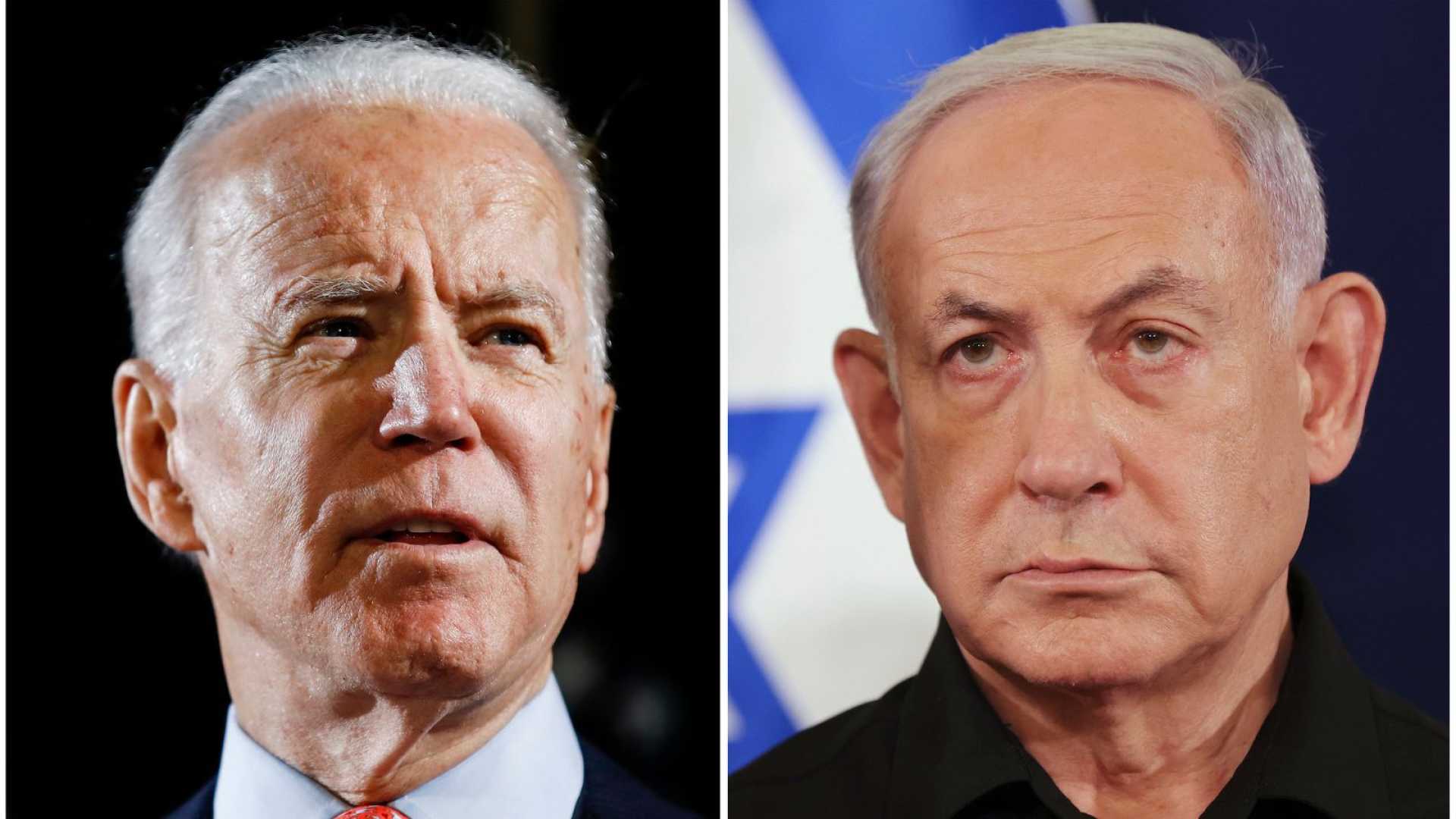News
Biden and Netanyahu Discuss Israel’s Response to Iran Amid Escalating Tensions

US President Joe Biden and Israel’s Prime Minister Benjamin Netanyahu have engaged in a pivotal 30-minute phone call, marking their first interaction since August. The conversation focused on Israel’s potential response to a recent missile strike by Iran. The White House characterized the dialogue as “direct” and “productive,” affirming that both leaders agreed to maintain “close contact” in the upcoming days. Vice President Kamala Harris also participated in the call according to the White House.
Israel’s Defence Minister Yoav Gallant commented after the call, stating that Israel’s counteraction against Iran would be “deadly, precise and above all surprising.” There exists a dual force in this geopolitical sphere. On one side, President Biden remains cautious about the US being drawn into what he perceives as an unnecessary and hazardous conflict with Iran. Conversely, some factions in Israel view this as an ideal opportunity to significantly weaken Iran, which they consider a formidable adversary.
Within Israel, military actions against Hezbollah have invigorated citizens who aspire to resolve the long-standing border tensions with Lebanon. These developments contrast starkly with the situation in Gaza, where a notable Israeli assault resulted in over 42,000 casualties, predominantly civilians, yet failed to obliterate Hamas or secure the release of hostages.
Naftali Bennett, a former Israeli Prime Minister, is a vocal advocate for a decisive strike against Iran, urging Netanyahu to act despite US objections. Bennett argues that Iran, currently destabilized in regional influence, presents a rare chance to dismantle its regime. He draws parallels with past Israeli interventions in Iraq in 1981 and in Syria, aiming to eliminate nuclear threats, asserting these actions contributed to broader regional stability.
The situation between Iran and Israel has seen escalating hostilities since April, beginning with the assassination of Iranian generals by Israeli forces, followed by retaliatory missile strikes by Iran. President Biden, while supportive of Israel’s right to self-defense, has vehemently advised against targeting Iranian nuclear sites or oil infrastructure, warning of the broader consequences and potential for nuclear escalation.
Efforts by international actors, such as the United States and France, to broker a ceasefire in the Middle East are ongoing. Lebanese Prime Minister Najib Mikati confirmed diplomatic endeavors aim to reinstate a ceasefire to facilitate political dialogue. Despite this, violence persists, including Israeli military strikes in Lebanon.
Meanwhile, the United Nations has criticized Israeli military actions in Gaza, accusing them of systematically dismantling the region’s healthcare system, constituting crimes against humanity. The UN inquiry, spearheaded by Navi Pillay, details accusations ranging from attacks on medical personnel and facilities to restrictions on medical aid and evacuations, pressing international concerns over humanitarian law violations.
The geopolitical landscape remains volatile, with Israeli actions and international responses continuing to shape the regional narrative. The situation in Gaza and beyond is closely monitored by global powers, with diplomatic resolutions remaining a sought-after goal amidst ongoing conflict.












